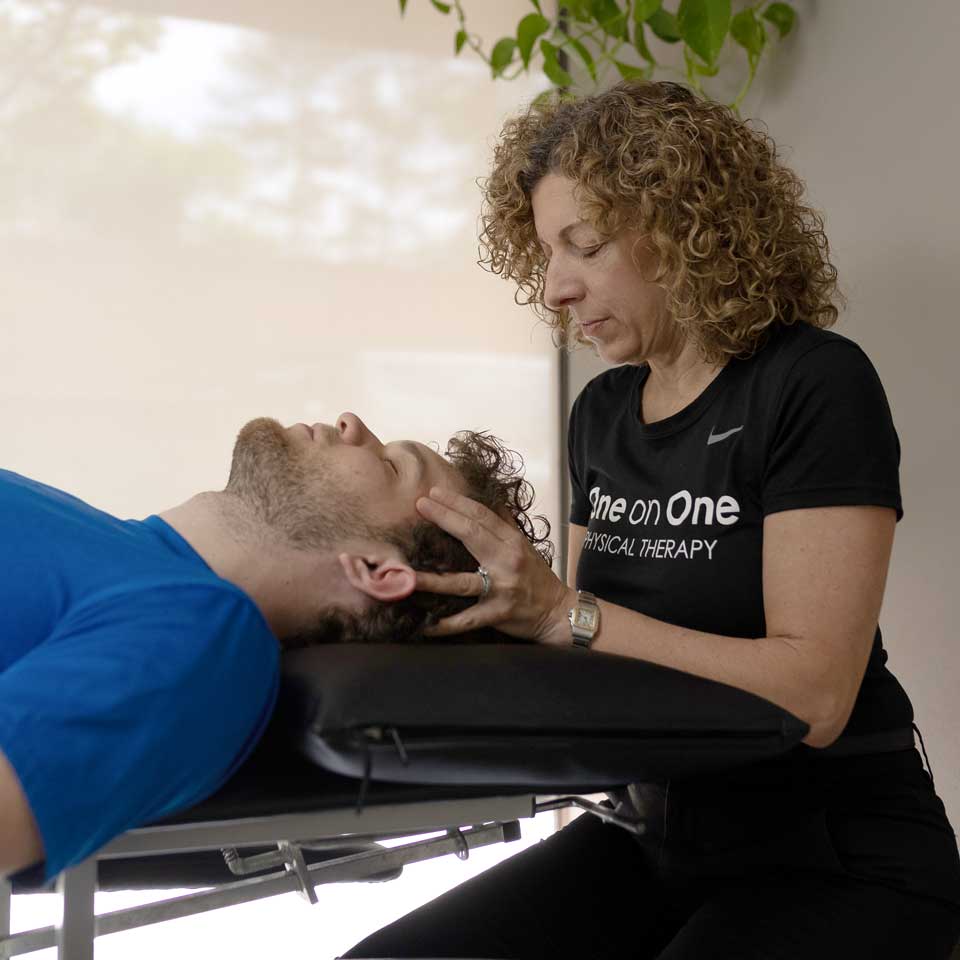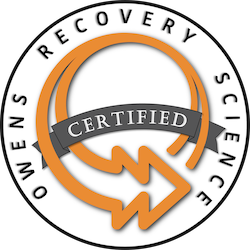Regain Your Balance and Stability with Expert Vestibular Therapy
At One on One Physical Therapy in Atlanta, we specialize in vestibular therapy to help you regain control and stability, ensuring that you can perform everyday activities with confidence.
Dizziness and imbalance are sensations that can significantly disrupt your daily life. Your dizziness and imbalance could be due to one of the following: vestibular cochlear nerve injury, concussion, displacement of calcium crystals in your semicircular canal, vestibular migraines, neck pathology (whip-lash), Meniere’s disease, nervous system conditions, or motion sensitivity.
Whether it’s driving, walking, or simply getting out of bed, our tailored therapies are designed to address the root causes of dizziness and improve your quality of life.

Conditions Treated with Vestibular Therapy
Vestibular therapy is effective in treating a wide range of balance disorders, including:
Vestibular Therapy Techniques and Treatments
Our vestibular therapy program includes a variety of tests and treatments designed to restore balance and reduce dizziness:
Why Choose One on One Physical Therapy for Vestibular Therapy?
At One on One Physical Therapy, we provide vestibular therapy services to patients in Atlanta and surrounding areas, offering:
If you are suffering from dizziness or imbalance you should seek care from a Physical Therapist (PT) trained in Vestibular Rehabilitation Therapy (VRT). We are able to determine which components of your balance/vestibular system are affected and can assist in your recovery and improve your quality of life. If you are not a candidate for VRT, we can also help with a referral to the specialist you need.
